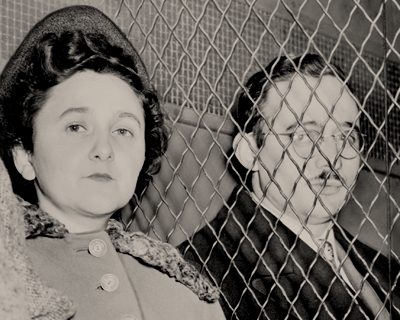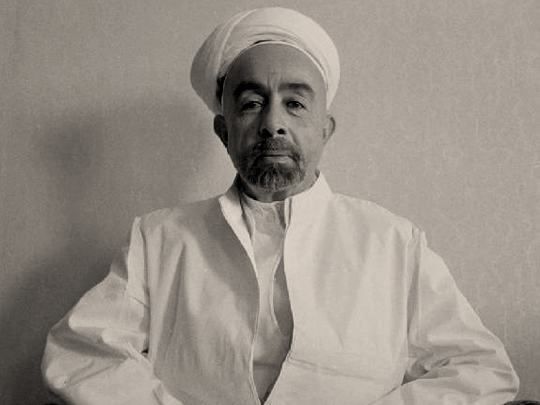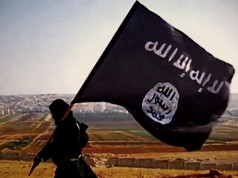By Cecil Beaton / Wikimedia Commons / CC-BY-SA-3.0 / GFDL
1 – King Abdullah I of Jordan is assassinated by a Palestinian
On 20 July 1951, Abdullah, while visiting Al-Aqsa Mosque in Jerusalem, was shot dead by a Palestinian from the Husseini clan.
Abdullah was shot while attending Friday prayers at the Al-Aqsa Mosque in the company of his grandson, Prince Hussein.
The Palestinian gunman fired three fatal bullets into the King’s head and chest. Abdullah’s grandson, Prince Hussein, was at his side and was hit too.
A medal that had been pinned to Hussein’s chest at his grandfather’s insistence deflected the bullet and saved his life.
When Hussein became king, the assassination was said to have influenced him not to enter peace talks with Israel in the aftermath of the Six-Day War, in order to avoid a similar fate.
The assassin was a 21-year-old tailor’s apprentice, Mustafa Ashi. Ten conspirators were accused of plotting the assassination and were brought to trial in Amman.
The prosecution named Colonel Abdullah el-Tell, ex-Military Governor of Jerusalem, and Musa Abdullah Husseini as the chief plotters.
Five of the conspirators were sentenced to death and were executed by hanging.
2 – Libya Gains Independence From Italy
After the Italo-Turkish War (1911–1912), the territory of Libya was known as Italian North Africa.
In June 1940, Italy entered World War II. Libya became the setting for the hard-fought North African Campaign that ultimately ended in defeat for Italy and its German ally in 1943.
From 1943 to 1951, Libya was under Allied occupation. The British military administered the two former Italian Libyan provinces of Tripolitania and Cyrenaïca, while the French-administered the province of Fezzan.
In 1944, King Idris returned from exile in Cairo but declined to resume permanent residence in Cyrenaica until the removal of some aspects of foreign control.
Under the terms of the 1947 peace treaty with the Allies, Italy relinquished all claims to Libya.
On 24 December 1951, Libya declared its independence as the United Kingdom of Libya, a constitutional and hereditary monarchy under King Idris, Libya’s only monarch.
The discovery of significant oil reserves in 1959 and the subsequent income from petroleum sales enabled one of the world’s poorest nations to establish an extremely wealthy state.
On 1 September 1969, a small group of military officers led by 27-year-old army officer Muammar Gaddafi staged a coup d’état against King Idris, launching the Al Fateh Revolution.
Gaddafi would govern Libya from then until 2011.
3 – Julius and Ethel Rosenberg Sentenced to Death for Treason

Julius and Ethel Rosenberg were American citizens who spied for the Soviet Union and were tried, convicted, and executed for conspiracy to commit espionage.
They were instrumental in the passing of information about the atomic bomb to the Soviet Union under Joseph Stalin, speeding his development of Soviet nuclear weapons programs.
The Rosenbergs were convicted on March 29, 1951, and on April 5 were sentenced to death.
The conviction helped to fuel Senator Joseph McCarthy’s investigations into anti-American activities of U.S. citizens.
The Rosenbergs were the only two American civilians to be executed for espionage-related activity during the Cold War.









